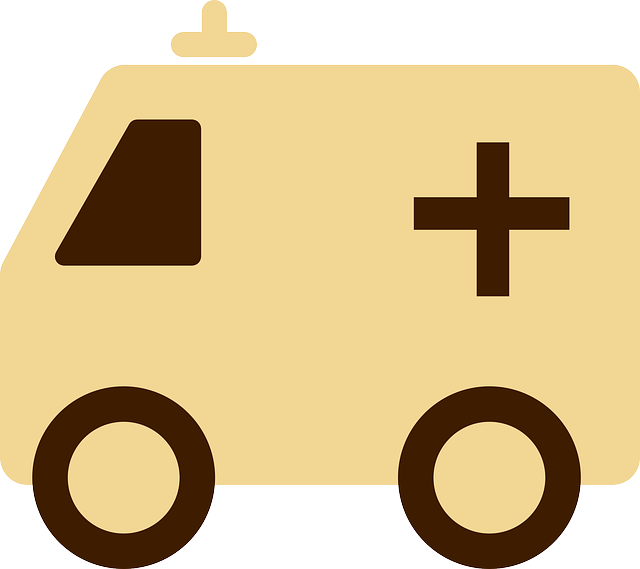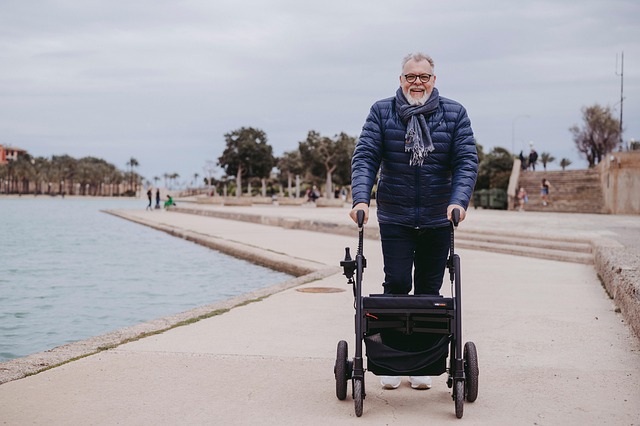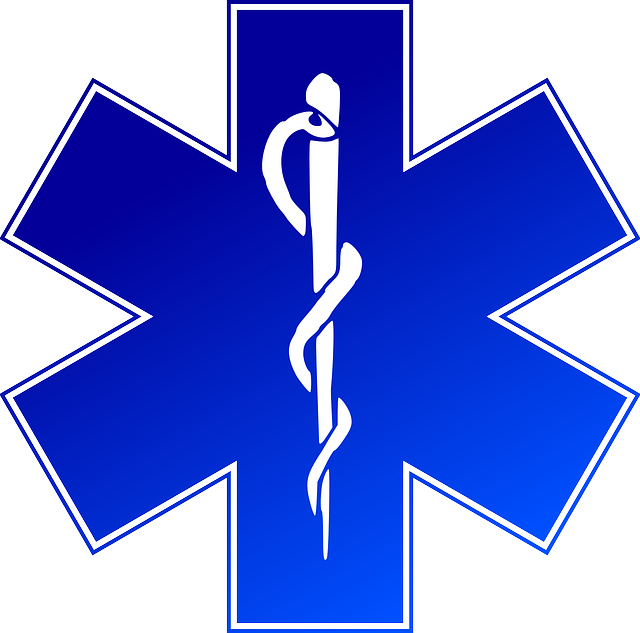In South Africa, Medical Aid and Health Insurance are distinct yet complementary for healthcare access. Medical Aid, a private scheme with membership fees, offers comprehensive benefits like hospital care and specialist visits. Health Insurance, often government-backed or mandated, provides essential coverage for emergencies and routine procedures at lower costs. Choosing between them requires considering personal health needs, budget, provider network preference, and desired coverage extent to ensure the best fit for your healthcare management, whether focusing on long-term savings (Medical Aid) or short-term protection (Health Insurance).
Navigating South Africa’s healthcare system requires understanding the nuances of medical aid and health insurance. This comprehensive guide demystifies these crucial aspects, helping you make informed decisions about your health cover. We explore key differences between medical aid and health insurance, delve into available schemes, and provide essential factors to consider when choosing. Furthermore, we outline the claims process and offer tips for maximising your coverage, ensuring you’re prepared for any healthcare needs.
- Understanding Medical Aid and Health Insurance in South Africa
- Key Differences Between Medical Aid and Health Insurance
- Types of Medical Aid Schemes Available
- Factors to Consider When Choosing Health Cover
- The Claims Process: What You Need to Know
- Maximising Your Coverage: Tips for Smart Policyholders
Understanding Medical Aid and Health Insurance in South Africa

In South Africa, both Medical Aid and Health Insurance play crucial roles in ensuring access to quality healthcare services. However, they serve distinct purposes and operate under different mechanisms. Medical Aid is a private scheme funded by members through monthly contributions, offering a range of health care benefits including hospitalisation, specialist consultations, and chronic disease management. On the other hand, Health Insurance is typically mandated by employers or purchased individually, focusing on providing cover for specific medical expenses such as doctor visits, medication, and emergency treatments.
The key difference lies in their structure and eligibility. Medical Aid is often more comprehensive, catering to a member’s overall healthcare needs, while Health Insurance tends to be more focused and targeted towards specific medical costs. When considering Medical Aid Vs Health Insurance, it’s essential to evaluate your personal health needs, financial situation, and the level of cover required before making a choice.
Key Differences Between Medical Aid and Health Insurance

In South Africa, understanding the distinction between medical aid and health insurance is crucial for making informed decisions about your healthcare coverage. While both are designed to assist with medical expenses, they function in slightly different ways. Medical aid is a type of private insurance scheme offered by employers or purchased individually, focusing on providing comprehensive healthcare services within a specific network of hospitals and doctors. It often includes benefits like chronic disease management, preventive care, and specialist consultations. On the other hand, health insurance is typically government-backed and aims to ensure access to essential healthcare for all citizens. It covers emergency and routine medical procedures but may have limitations in terms of service providers and benefits, depending on the specific plan.
When considering Medical Aid Vs Health Insurance, it’s important to evaluate your personal needs, budget, and preferred level of flexibility. Medical aid usually offers more extensive coverage and allows for a choice of healthcare providers, making it appealing for those seeking a broader range of services. Health insurance, however, provides a safety net for unexpected medical emergencies and is often more affordable, with simpler plans that cater to basic healthcare needs.
Types of Medical Aid Schemes Available

In South Africa, individuals have a range of options when it comes to managing their healthcare expenses through either Medical Aid or Health Insurance. The key distinction lies in their purpose and structure. Medical Aid is typically a long-term savings plan where members contribute regularly towards a pool of funds that cover medical expenses. This scheme often provides broader coverage, including routine check-ups, hospital stays, and certain chronic conditions. On the other hand, Health Insurance is more focused on offering short-term protection against unexpected medical bills, with policies usually encompassing emergency care and in-patient treatment.
When choosing between Medical Aid and Health Insurance, consider your healthcare needs, budget, and long-term financial goals. Medical Aid may be more suitable for those seeking comprehensive coverage and wishing to build up savings over time. Conversely, Health Insurance could be a better fit for individuals needing immediate protection against unforeseen medical expenses.
Factors to Consider When Choosing Health Cover

When considering health cover options in South Africa, it’s essential to understand the distinction between medical aid and health insurance, as they serve different purposes. Medical aid is a type of private healthcare scheme that provides members with access to a network of hospitals and doctors, often at reduced rates. It typically covers inpatient and outpatient services, as well as certain preventive care measures. On the other hand, health insurance is a form of risk mitigation that shields policyholders from unexpected medical expenses not covered by public healthcare or medical aid. This includes unforeseen events such as accidents or sudden illnesses.
Several factors should influence your decision when choosing between these options. Consider your budget and the level of cover required; medical aid often comes with monthly contributions, while health insurance may offer more flexible payment structures. Assess your overall health status and family medical history, as pre-existing conditions might affect accessibility and pricing. Additionally, evaluate the network of healthcare providers and facilities covered by each plan to ensure they align with your preferences and needs.
The Claims Process: What You Need to Know

When it comes to understanding your rights and responsibilities as a policyholder, knowing the claims process is vital. Both medical aid and health insurance have distinct procedures for submitting claims, but several key steps remain consistent. Typically, you’ll need to provide proof of treatment from your healthcare provider, along with any necessary documentation or forms from the facility where you received care. This may include invoices, treatment plans, and, in some cases, pre-authorizations from your insurer.
The process differs slightly between medical aid and health insurance. Medical aid often involves submitting claims directly to them, while health insurance policies typically require you to submit claims to your healthcare provider or a designated billing office first, who will then deal with the insurance company on your behalf. It’s essential to check the specific requirements of your plan, as well as understand any exclusions or limitations, to ensure a smooth and efficient claims process.
Maximising Your Coverage: Tips for Smart Policyholders

Maximising your coverage is a key consideration for smart policyholders navigating South Africa’s healthcare landscape. It’s important to understand the distinction between Medical Aid and Health Insurance, as both play complementary roles in ensuring comprehensive medical care. While Medical Aid typically focuses on providing ongoing health services and chronic condition management, Health Insurance steps in for unexpected events like hospital stays or specialist consultations.
To get the most from your policy, review your coverage carefully. Ensure you understand what’s included and excluded, especially regarding in-patient and out-patient benefits. Choose a plan that aligns with your healthcare needs and budget. Regularly assess your plan’s value by comparing costs, network providers, and the breadth of services covered. Staying informed and proactive allows policyholders to make the most of their coverage, ensuring peace of mind when facing health challenges.
When navigating the complex landscape of medical aid and health insurance in South Africa, understanding the nuances between these two essential forms of healthcare coverage is key. By grasping the unique benefits and operational differences of Medical Aid vs Health Insurance, savvy consumers can make informed decisions that align with their needs and budgets. Armed with this knowledge, you’ll be better equipped to choose the right scheme, understand your claims process, and maximise your coverage – ultimately fostering a healthier, more secure future for you and your loved ones.

